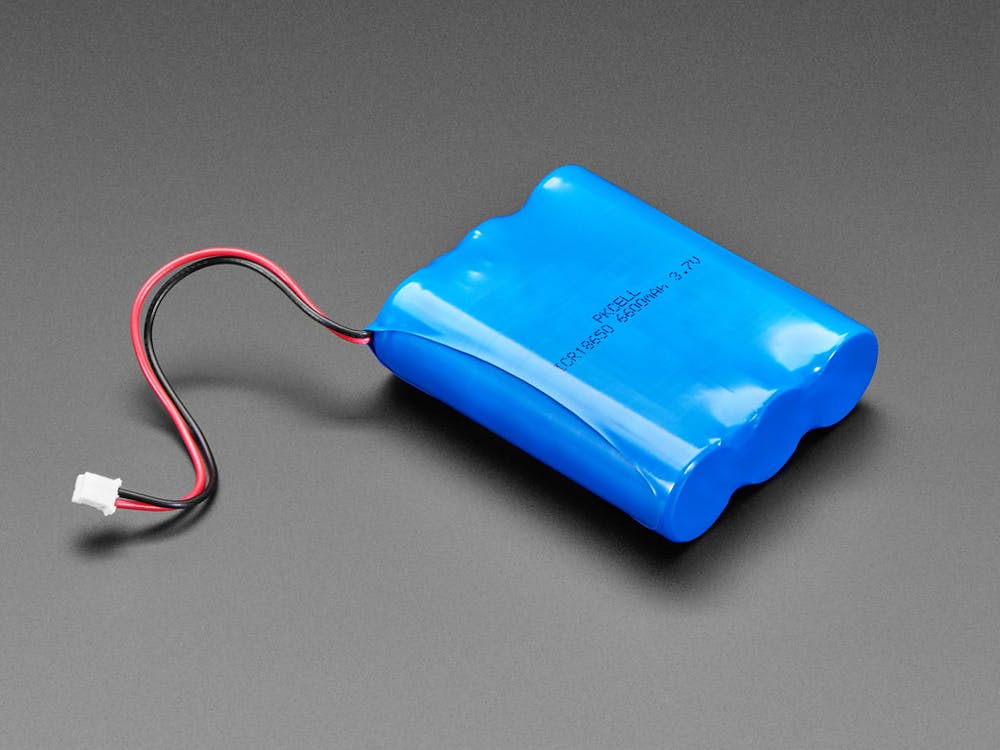Four Hopkins students are taking major strides in the crusade to cure cancer. Each of the four students was awarded $5,000 and spent eight weeks this summer working on various research projects in the field of pediatric oncology.
The research was funded by Pediatric Oncology Student Training (POST) Grants distributed by Alex’s Lemonade Stand Foundation for Childhood Cancer. The four students, junior Sabrina Wang, junior Justin Thomas, senior Colburn (Colby) Yu and sophomore Huizi (Holly) Guo, were each awarded one of only 50 grants.
The POST Program was introduced in 2011 and its grants are aimed at supporting students interested in researching a specific area of pediatric oncology. Grant recipients have the opportunity to work with mentors from 24 different academic institutions around the country.
“I studied pediatric oncology in high school and fell in love with how multidimensional oncology is. Cancer is way more complex than one cell or mutation,” Thomas said.
The grants enable the students to work under a research mentor for a summer on a proposed project. The project can either be the continuation of an ongoing project the student has already invested in or an original investigation. Wang, Thomas, Yu and Guo competed against undergraduate, graduate and medical students across the country to secure each of their grants before the summer began.
The POST program was designed to expose students to the field of oncology by helping them develop practical research skills through a contemporary research project. The program stresses the benefits students will receive from working closely with an experienced mentor in the field of pediatric oncology.
The four Hopkins students each worked on a different project for the eight weeks over which they were funded. Wang worked with mentor Dr. Eric Raabe, focusing on brain tumors. Her work was aimed at advancing a current potential pediatric brain tumor treatment toward preclinical trials. To do so, Wang targeted NOTCH, a key developmental gene in embryonal tumors with the treatment.
Guo also worked with Dr. Raabe. Her project aimed to uncover the result of knocking down LIN28B, a key developmental gene that has shown activation in pediatric brain tumors. Guo used mice to study the effects of LIN28B knockdown on tumorigenicity in the hope that the LIN28B knockdown mice would demonstrate delayed tumor growth.
Thomas worked with mentor Stacy Cooper on leukemia. His project focused on the enhancer region of CEBPA, a gene that controls the maturation of granulocyte-myeloid progenitors, cells in the blood that aid immune system development.
Ultimately Thomas hoped to show that this enhancer region of CEBPA was being silenced in acute myeloid leukemia and that if turned back on, it would cause cancer cells to mature or die with little chemotherapy.
Yu, the final Hopkins recipient, worked with Dr. Brian Ladle as his mentor studying osteosarcoma. He worked on determining the efficacy of pairing immune based therapies occasionally used for adult cancer patients with chemotherapy to treat pediatric osteosarcoma.
This summer, Yu worked to determine the type of chemotherapy best suited for pairing with the immunotherapy. As fall approaches, he will continue working to determine the proper timing and dosage for two treatments.
Wang, Guo, Thomas and Yu are just a few of the students currently working under experienced research faculty at Hopkins. For students still hoping to get involved with research this upcoming year, the POST grant recipients suggest taking the time to reach out to faculty in areas for which you have a genuine passion.
“Don’t be afraid to ask a million questions,” Yu said, “and more importantly, don’t be afraid of changing labs if you’re not interested in a particular subject.”
















